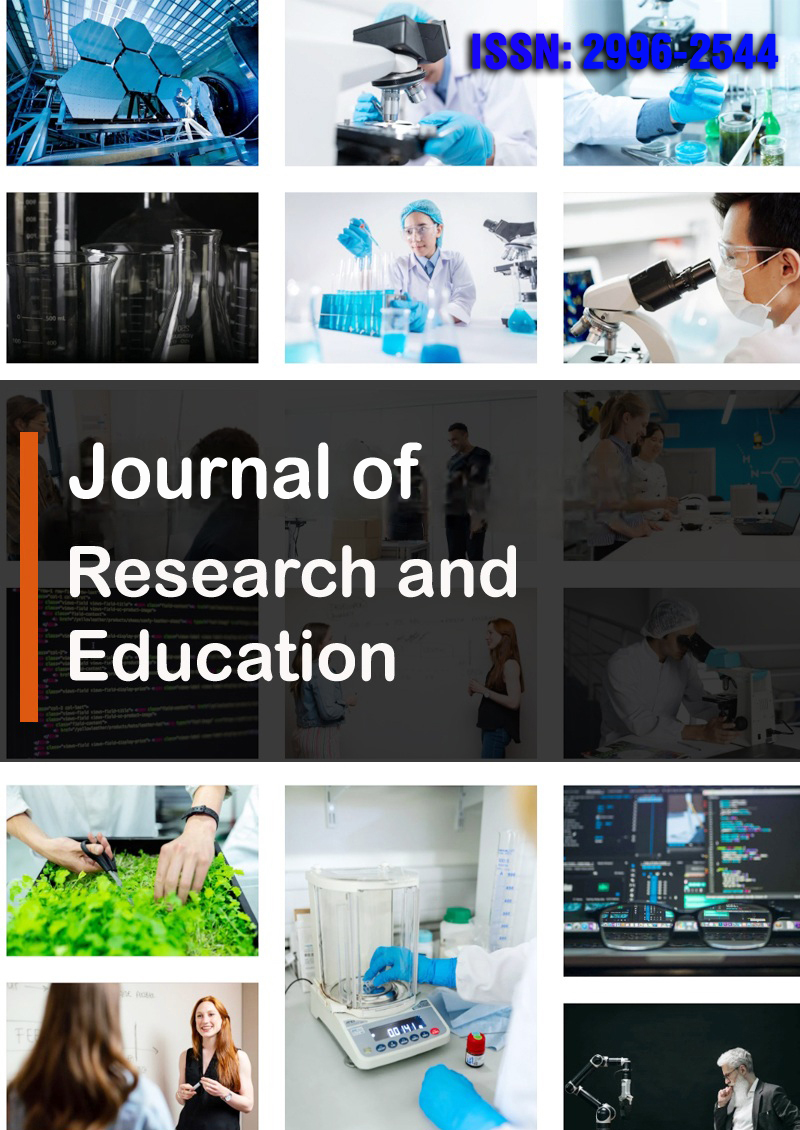Sustainable Development Goals in Pakistan: A Comprehensive Analysis of Progress, Challenges, and Recommendations
Abstract
Malik Zeewaqar
The United Nations Global Sustainability Agenda 2030 introduces a transformative framework through its Sustainable Development Goals (SDGs), which are designed to achieve equitable, prosperous, and sustainable development globally. Unlike the incremental Millennium Development Goals (MDGs), the SDGs aim for systemic changes across economic, social, and environmental dimensions, ensuring that no one is left behind. This research paper provides a comprehensive examination of Pakistan's progress towards achieving the SDGs under the UN Global Sustainability Agenda 2030. Specifically, it includes an analysis of the prioritization of SDGs in Pakistan, highlights federal and institutional initiatives aimed at promoting sustainable development, and explores the role of the China-Pakistan Economic Corridor (CPEC) in advancing these goals. Additionally, the paper critically analyzes the SDGs in Pakistan’s annual status report, identifies the key challenges faced by the nation in implementing these goals, and offers recommendations for enhancing the effectiveness of SDG implementation. Overall, the focus is primarily on the detailed analysis of the annual status report, the challenges encountered, and strategic recommendations for achieving excellence in SDGs in Pakistan.
Purpose The objectives of this research are to assess how effectively Pakistan has prioritized the Sustainable Development Goals (SDGs) within its national framework, identifying the key areas of focus. This includes exploring the role of key federal institutions and initiatives, such as the China-Pakistan Economic Corridor (CPEC), in advancing the country’s SDGs. Additionally, the study aims to analyze the development and framework of the 17 SDGs in Pakistan by evaluating the country's status report on SDGs implementation. Furthermore, the research will examine the challenges Pakistan faces in achieving significant outcomes on the SDGs and provide actionable recommendations for enhancing the effectiveness and success of these initiatives.



